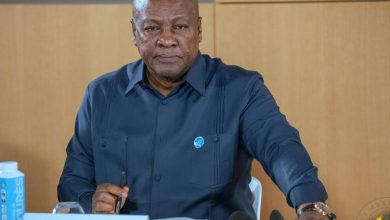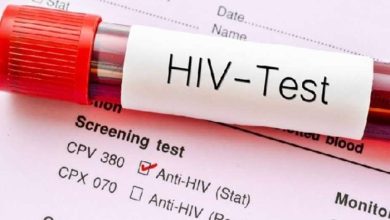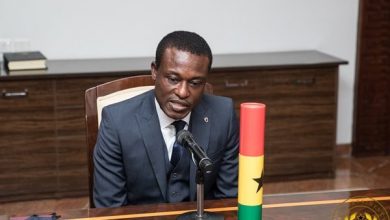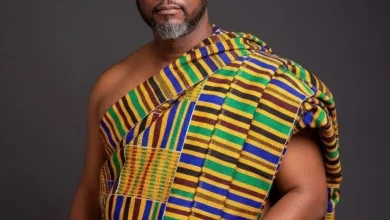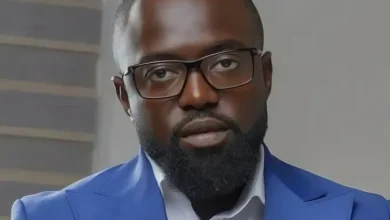Akwaaba or Oobake? Why Ghana must prioritise unity over tribal division
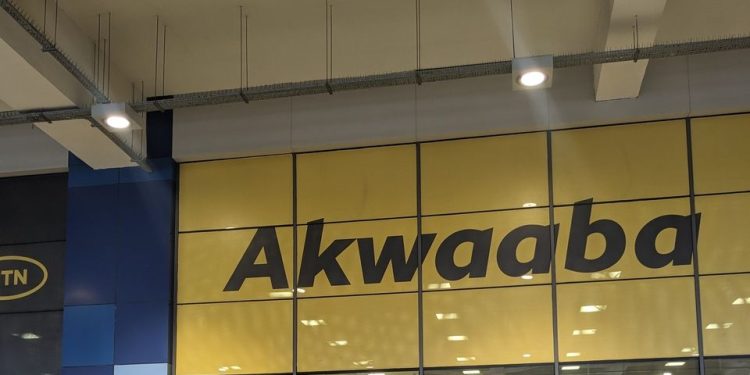
Ghana has long prided itself on being a beacon of unity and cultural diversity in Africa. Yet, a recent debate over the arrival greetings at Kotoka International Airport in Accra threatens to sow unnecessary division at a time when our nation can least afford it.
The proposal is to replace the familiar “Akwaaba”—a word synonymous with welcome in Ghana and internationally recognised- with “Oobake,” a greeting in the Ga language, reflecting Accra’s historical status as the Ga cultural hub.
On the surface, this may appear as a nod to local identity and tradition. However, the implications extend far beyond semantics.
“Akwaaba” is more than just a word; it has become Ghana’s global brand of hospitality. Visitors from all over the world instantly recognise it, associating it with the warmth and friendliness of Ghanaians. Changing it to a local dialect risks signaling division rather than inclusion, particularly in a country that prides itself on national unity.
Ghana is not crying for debates over which tribe’s word should represent our airport; Ghana is crying for jobs, infrastructure, industrialization, and opportunities for young people. Our nation is at a critical juncture where every energy and resource must be channeled toward economic development. We need industries to thrive, small businesses to expand, and educational opportunities to prepare our youth for the future—not debates that risk rekindling old tribal rivalries.
In a world where competition is fierce, Ghana cannot afford to be distracted by symbolic conflicts that have little bearing on our economic prosperity. True patriotism is not shown by insisting on the dominance of one tribe’s language over another; it is demonstrated through collective action to build a Ghana where all Ghanaians, regardless of ethnicity, have access to opportunity and dignity.
Let us remember that “Akwaaba” has never belonged to one tribe—it has been adopted by all Ghanaians as a unifying expression of welcome. Changing it now sends the wrong signal: that our differences are more important than our shared goals.
As leaders, citizens, and young people invested in Ghana’s future, we must ask ourselves: Are we choosing tribal identity over national progress? Or are we willing to prioritize policies, projects, and initiatives that create jobs, improve infrastructure, and build a Ghana that works for everyone?
At a time when our nation faces pressing challenges, from youth unemployment to infrastructure deficits, our energy should be focused on uniting for development, not dividing over words. Let “Akwaaba” continue to greet every visitor as a symbol of Ghanaian unity, hospitality, and shared purpose.
Ghana’s future is too important to be lost in tribal semantics. Let us speak one language, the language of progress.
Written by: Dr. Isaac Yaw Asiedu


